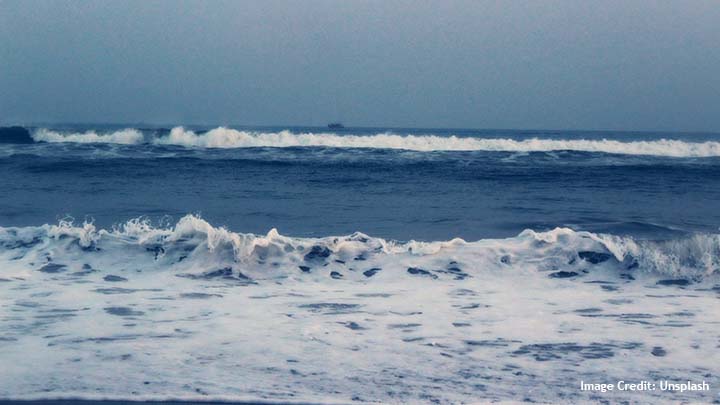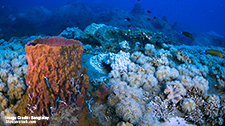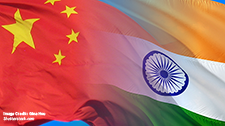Anchoring BIMSTEC: is Japan going ashore in the Bay of Bengal?

Jagannath Panda
Introduction:
The latest India-Japan 2+2 Foreign and Defence Ministerial Dialogue in September reiterated the two partners’ commitment to greater regional cooperation and integration in the Indo-Pacific. The 2+2 meetings are intended to provide “strategic guidance” to boost India-Japan ties, which were upgraded to Special Strategic and Global Partnership in 2014 by Prime Ministers Narendra Modi and Shinzo Abe. The change in Japan’s leadership to Fumio Kishida in 2021 only strengthened their common strategic vision, and they have pointedly worked to forge a deep, broad-based, action-oriented political, economic, and strategic partnership with long-term regional and global agendas despite occasional setbacks.
This reinvigorated partnership revolves especially around the Bay of Bengal, the north-eastern part of the Indian Ocean linking strategic choke points, particularly because China is making significant inroads in this “strategic hub” (both overland and maritime). At the same time, although China’s rising influence is a motivating factor, also as a systemic challenge, the two Indo-Pacific partners’ have bigger ambitions: despite the economic and political instability looming large in the post-pandemic era, both Japan and India strive to improve regional integration and establish mechanisms that not only bolster their respective global ambitions but also foster inclusive multipolarity.
Related Publications
-
Navigating the Indo-Pacific: How Australia and the EU Can Partner for Peace, Stability, and Prosperity
To navigate the choppy waters of the Indo-Pacific, the EU and Australia must be on the same wavelength regarding shared interests in rules, values, and an open and liberal economic […]
-
Maldives Walking Tight Rope between India and China
Like all the South Asian small states, the Maldives has been subjected to great power politics. There are five principles of Maldives’ foreign policy (mostly reciprocating with India’s ‘Panchsheel’) and […]
-
Needed, a Framework to Protect Undersea Cables
In the data-driven world we live in, submarine cables are the arteries that connect nation-states and their people in literally every human activity, including trade, commerce, entertainment, and social interactions. […]
-
Climate Security in the Indo-Pacific: Priorities and Challenges
The climate vulnerabilities of the Indo-Pacific region have grown immensely with grave implications for regional, national, human, and ecological security. Climate action has been prioritized by most countries, including by […]
-
Could India’s relationship with China change under the new Modi government?
As the Indian Prime Minister Narendra Modi forms a new government for the consecutive third time after the BJP-led National Democratic Alliance (NDA) coalition secured a comfortable majority in the […]




